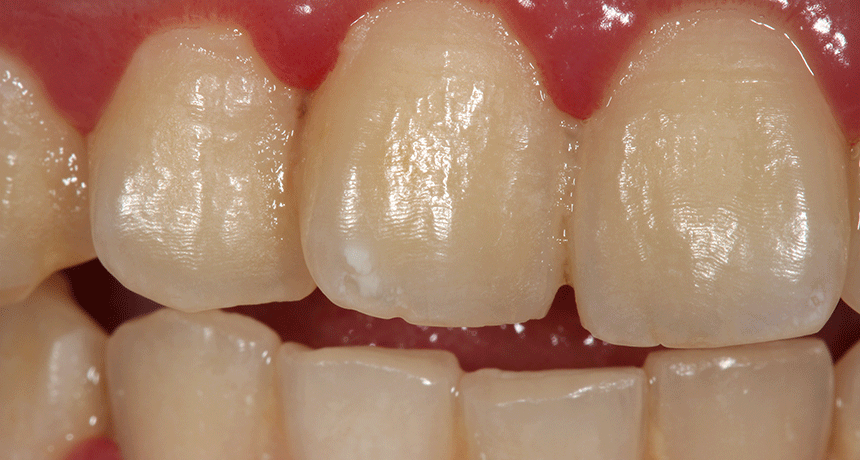antibiotic A germ-killing substance, usually prescribed as a medicine (or sometimes as a feed additive to promote the growth of livestock). It does not work against viruses.
biofilm A gooey community of different types of microbes that essentially glues itself to some solid surface. Living in a biofilm is one way microbes protect themselves from stressful agents (such as poisons) in their environment.
cell The smallest structural and functional unit of an organism. Typically too small to see with the unaided eye, it consists of a watery fluid surrounded by a membrane or wall. Depending on their size, animals are made of anywhere from thousands to trillions of cells. Most organisms, such as yeasts, molds, bacteria and some algae, are composed of only one cell.
germ Any one-celled microorganism, such as a bacterium or fungal species, or a virus particle. Some germs cause disease. Others can promote the health of more complex organisms, including birds and mammals. The health effects of most germs, however, remain unknown.
microbe Short for microorganism. A living thing that is too small to see with the unaided eye, including bacteria, some fungi and many other organisms such as amoebas. Most consist of a single cell.
solid Firm and stable in shape; not liquid or gaseous.
species A group of similar organisms capable of producing offspring that can survive and reproduce.
stress (in biology) A factor — such as unusual temperatures, moisture or pollution — that affects the health of a species or ecosystem.

